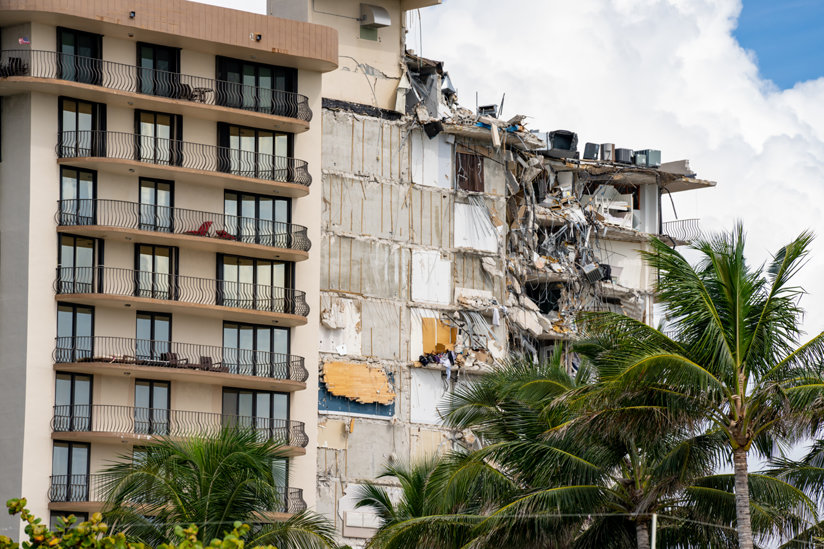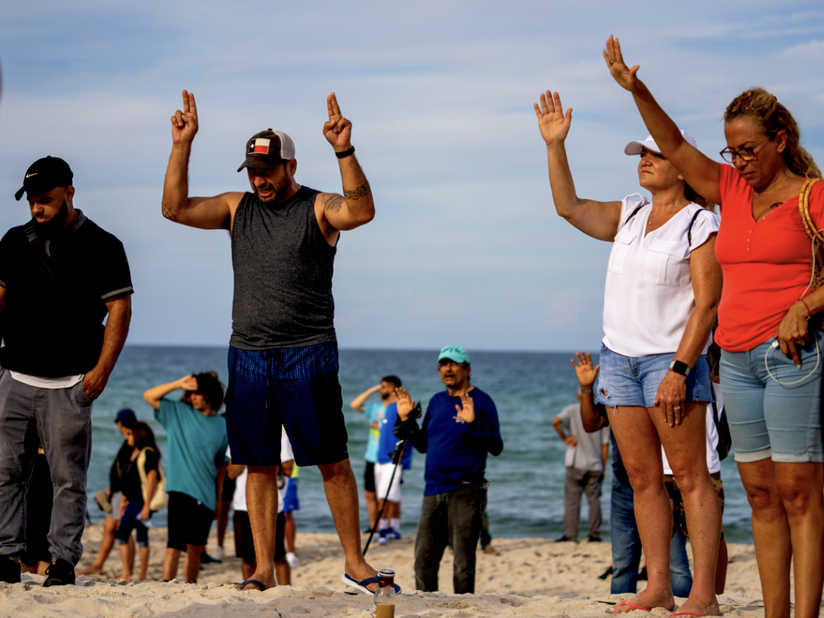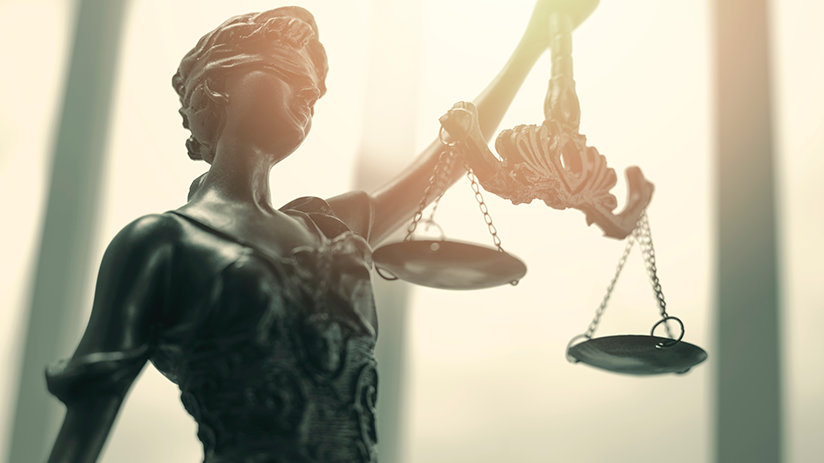
-
HOME
-
WHAT IS STANDOur Mission Our Values Our Help Contact
-
WHAT WE FIGHT FORReligious Freedom Religious Literacy Equality & Human Rights Inclusion & Respect Free Speech Responsible Journalism Corporate Accountability
-
RESOURCESExpert Studies Landmark Decisions White Papers FAQs David Miscavige Religious Freedom Resource Center Freedom of Religion & Human Rights Topic Index Priest-Penitent Privilege Islamophobia
-
HATE MONITORBiased Media Propagandists Hatemongers False Experts Hate Monitor Blog
-
NEWSROOMNews Media Watch Videos Blog
-
TAKE ACTIONCombat Hate & Discrimination Champion Freedom of Religion Demand Accountability
Finding Comfort in Faith During Times of Tragedy
On the morning of June 24, safe in my studio in rural upstate New York, I tuned into my usual morning mix of email and news blurbs, casually rendering mental opinions on the latest political tempests-in-their-teapots. Then I saw the headlines. And then the video. A high-rise residential building in the Miami area city of Surfside had collapsed in the early morning hours. I watched the building fall gracefully into a pancaked heap of concrete, dust and broken rebar in a matter of seconds, first with awe and then almost instantaneously, shock and horror. With more than 150 people unaccounted for, it was hard to come to grips with the scope of that tragedy, even from a distance.

Suddenly, I was transported back in time nearly 20 years, to a morning in September 2001, where I was about to finish a routine midnight shift as a legal word processor in a midtown center. We had a small TV playing the morning news and were idly chatting about the latest politics when the report came in about a plane flying into one of the World Trade Center towers. Some fool in a small aircraft, we said. Then minutes later, a second plane hit the other tower and everyone in the room turned to stone for a long minute as the reality set in of what had actually happened—what was happening.
Because the bridges and tunnels and mass transit were almost immediately closed after the attack on the Twin Towers and I wouldn’t make it home, I made my way over to my church, the Church of Scientology on West 46th Street. As I passed Times Square, I saw the ailing Twin Towers projected on the giant billboard at its center. As I watched in dismay, they fell, 110 stories of concrete, dust and steel. And with them, 2,606 souls. At my church, I joined others who were contacting our parishioners to volunteer and help with the rescue effort. I went back to work that night and finally went home the following morning. Although my part was minuscule compared to others, I found a much needed sense of comfort in doing something together with my fellow Scientologists to help in the hours after the tragedy.
With more than 150 people unaccounted for, it was hard to come to grips with the scope of that tragedy, even from a distance.
Recently, I have seen other articles about people finding comfort in their respective faiths after tragedy. Particularly in the case of the Surfside condo collapse, where family members waited for weeks for news of missing loved ones, as hope slowly died, one recovered body at a time. How were the survivors able to reconcile the inevitable with their beliefs? How could God let this happen? Why? What could fill the sudden vacuum in their lives?
A recent article in the New York Times described how long-held Jewish tradition helped bring comfort to families following the collapse and the eventual recovery of the bodies of their family members. The Jewish community came together to help create as traditional a funeral service as possible—a community which spread out much farther than the Surfside chapter of Chesed Shel Emes, a New York-based organization which took on many of the traditional burial duties, including digital prayers from Jews in other areas on Zoom and WhatsApp.
Rachel Spiegel said of her mother’s funeral services through Chesed Shel Emes: “It was very comforting... Through our faith we had these resources we trust. We knew she was being handled carefully.”

From a similar perspective in a different faith, a Miami neighbor shared her feelings after the condo collapse. The sense of shock and sadness was mitigated by the outpouring of love from others on a spiritual level: “Yet, through it all, God’s love was present. It showed up through the outpouring of help from people from other nations, and from the many locals, who went out of their way to show love and bring some semblance of comfort to the surviving families.”
In another beautiful gesture, the Lutheran Church Charities K-9 Comfort Dog Ministry deployed nine golden retrievers from all over the country to bring comfort to the first responders searching for the remains of dozens still missing in the rubble.
A common thread running through the search for comfort in times of tragedy is the idea of help. Indeed the definition of the verb “to comfort” in the Bible Dictionary includes the following note: “The basic concept for comfort in both the Old and New Testaments is encouragement, whether by words or the presence of another to help in time of need. Synonymous words are console, help, give relief, cheer up, exhort, and fear not.”
In my opinion, it is the ability to help one another in times of tragedy that is the keynote of comfort and a cornerstone of every faith. And the comfort and help one gives to others in their darkest hours returns to him in abundance and strengthens that faith. We may not be able to prevent tragedy, but we can always come together and help rebuild afterwards.
Perhaps that is the greatest gift of faith.









